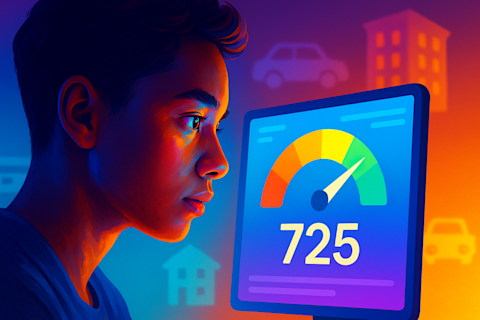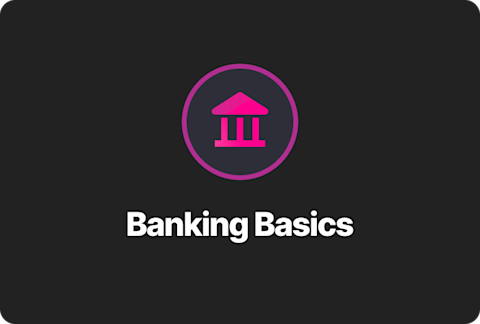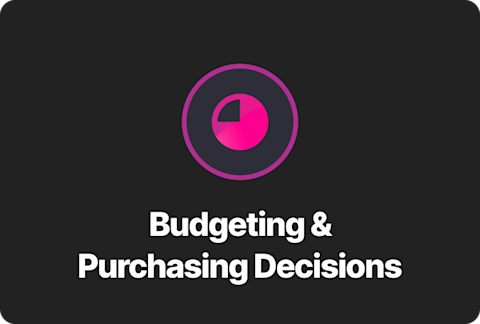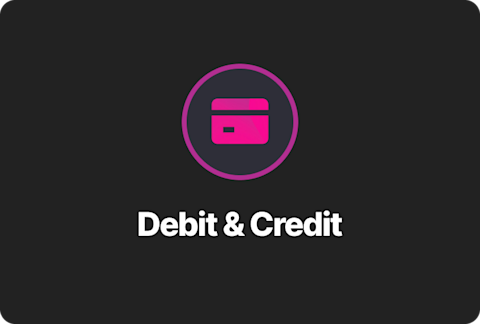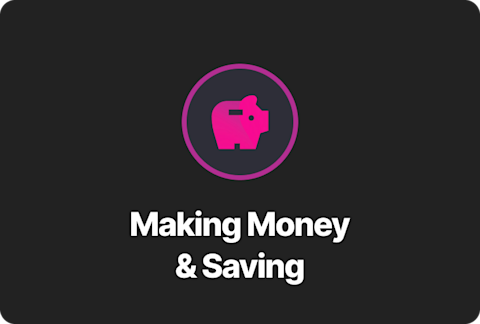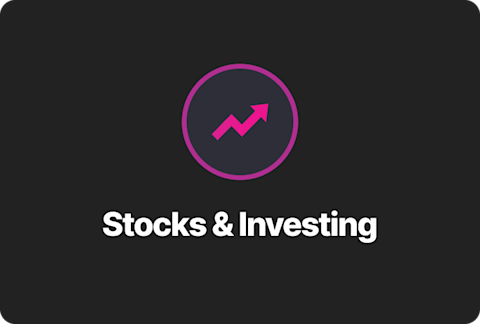Does a Cash Advance Affect Your Credit Score? What You Need to Know

You’re in a tight spot. Rent’s due, your card is maxed, and payday’s a week away. A cash advance feels like a quick fix—and sometimes it can be. But before you hit that “withdraw now” button, it’s important to understand how it really works and what it could mean for your credit.
So, what is a cash advance?
A cash advance is when you borrow cash against your credit card limit. Instead of using your card to make a purchase, you're pulling money directly—usually from an ATM, your card issuer, or a payment app. It sounds simple, but here’s the catch: cash advances typically come with high interest rates, upfront fees, and no grace period. That means the cost of borrowing starts piling up right away.
Now, the big question: does a cash advance affect your credit score? The short answer is yes—but not necessarily in the way you might think.
Does a Cash Advance Affect Your Credit Score?
A cash advance isn’t labeled any differently on your credit report than a typical card charge. But it can still influence key credit factors—especially if you’re not managing it carefully.
How Cash Advances Show Up on Your Credit Report
When you take out a cash advance, it adds to your total credit card balance—just like a regular purchase. That additional balance affects your credit utilization ratio—the percentage of your available credit that you're using. Utilization is a big factor in your credit score, so a noticeable increase can cause a slight, temporary dip.
That said, it’s not always dramatic. If your utilization stays under 30%, the impact is often minimal. But if the cash advance pushes you higher—and you don’t pay it off soon—your score could take a more meaningful hit over time.
Why a Cash Advance Can Be Bad for Your Credit Score
It’s less about the cash advance itself, and more about what comes next. Most cash advances come with higher interest rates than normal purchases, plus a flat transaction fee. And unlike regular purchases, there’s usually no grace period—so interest starts building immediately.
That makes it easier for your balance to grow faster, which can make it harder to pay off. And the longer you carry a balance, the more your credit utilization stays elevated, which can slowly drag your score down.
In short: a cash advance won’t wreck your credit overnight. But if it leads to ongoing debt or high utilization, it can definitely work against you over time.
How Long Does a Cash Advance Affect Your Credit Score?
If a cash advance affects your score, it’s usually tied to how long you carry the balance—not the transaction itself. And for most people, the impact is short-term as long as it’s managed properly.
Immediate and Long-Term Effects of a Cash Advance
Taking out a cash advance can increase your credit utilization, which may lead to a slight dip in your score if you're already close to your limit. But if you pay it off quickly, your score will likely recover within a few months.
Where people run into trouble is when they can’t pay it off fast. Interest adds up, balances stay high, and minimum payments stretch out the timeline. In those cases, it could take six months or more to bounce back—especially if your utilization stays elevated for a long time.
How to Recover from a Cash Advance and Improve Your Credit Score
If you’ve already taken a cash advance, the best thing you can do is pay it off as quickly as possible. Even if you can’t pay the full amount right away, making more than the minimum helps minimize interest and gets your balance down faster.
Here’s how to move forward:
Focus on reducing your balance below 30% of your available credit
Stop taking additional advances—break the cycle
Track your progress and keep payments consistent
Once your balance drops, your score should start climbing back up within a few billing cycles.
Alternatives to Cash Advances for Emergency Funds
A cash advance can feel like your only option—but it’s not. There are better, safer ways to handle short-term money problems.
Building an Emergency Fund to Avoid Cash Advances
Even a small emergency fund can help you avoid turning to high-cost borrowing. Start by saving a little each week—$10 or $20 adds up quickly. If you automate it, you won’t even notice the money leaving your account.
If you need help getting started, Step EarlyPay is a great alternative. It lets you get paid before payday by borrowing up to $500 with no interest, and automatic repayment from your next paycheck or Step account balance. It’s a smarter, more transparent way to cover short-term expenses without risking your credit score.
Using Credit Wisely to Maintain a Healthy Credit Score
If you're working to improve your credit, it's important to manage it intentionally. That means:
Keeping your balances low
Paying off your card in full whenever possible
Only using credit for expenses you can afford to repay quickly
If you’re new to credit, tools like the Step Card—a secured credit card to build credit—can help you establish strong credit habits from the start, without the risk of falling into debt or racking up interest.
Be Smart About Cash Advances 💡
So… does a cash advance affect your credit score? Yes—but not always in a major way. The key is understanding how it fits into the bigger picture of your credit health.
The real risk comes from how cash advances are used—not the transaction itself. High interest, added fees, and carrying a balance can snowball if you’re not careful. But with better tools and a little planning, you can avoid the stress and protect your credit at the same time.
Before taking a cash advance, consider how it affects your credit. Make informed choices. Your future self will thank you.



